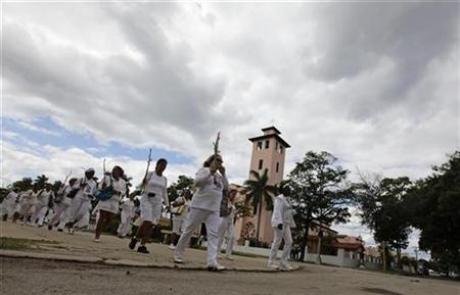
The greatest challenge to affecting change in current U.S. policies toward Cuba, of course, is the fractious political environment and correspondingly disparate views (both in the public and within government) on what should be done. Nearly everyone seems to agree on a key point about Cuba policy: the embargo and related travel ban have not achieved the ends for which they were designed. But the coincidence in opinion usually ends there.
Perhaps even more difficult than finding common ground between stakeholders (Republican, Democrat, Cuban-American, members of the agriculture and travel industries, and so on) would be to convince lawmakers to think of Cuba policy as a priority in the midst of countless domestic policy issues that have a loud and demanding presence. As long as it is not a priority, the status quo will reign.
But while we carry on treating Cuba in many of the same ways we have for the last half century, there are a few developments quietly taking place (or actually, not quietly at all, but apparently far enough under Washington’s radar not to merit a reaction) that supposedly are the kinds of things the United States has been waiting for all along.
In July, the Havana government pledged in an unprecedented agreement with the Catholic Church to release 52 identified political prisoners. Of these, 39 have been released and, as the agreement stipulated, they left the island for Spain. The remaining thirteen of the prisoners refused the government’s offer of exile and for a while it was unclear how the agreement would proceed. However Havana has agreed to continue with the planned releases and keep these men on parole for the remainder of their sentences—but they will indeed return to their families; one did this weekend.
And in the meantime the government and the Church have agreed upon 14 more prisoners that will be released and leave for exile in Spain, beyond these original 52. The progress is impressive: Havana has actually stated that it intends to release all political prisoners. The disagreement is simply on who qualifies under such a title. And having denied for years that any of its prisoners could be defined as “political prisoners,” this is bound to be a process.
But the process is well under way. And that should be a pleasing development for all Cuba-watchers—right, left and center.
(Photo credit: Reuters/Desmond Boylan)